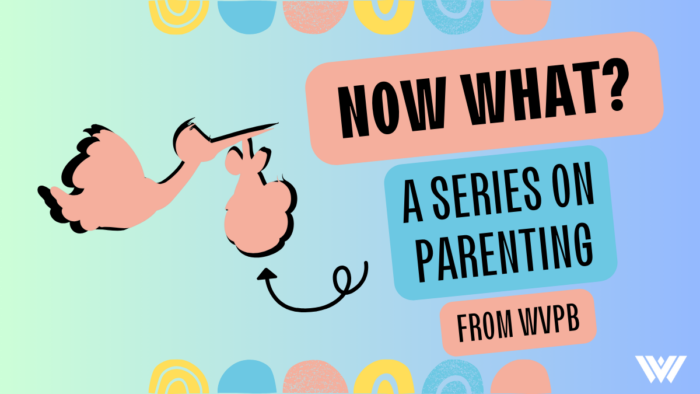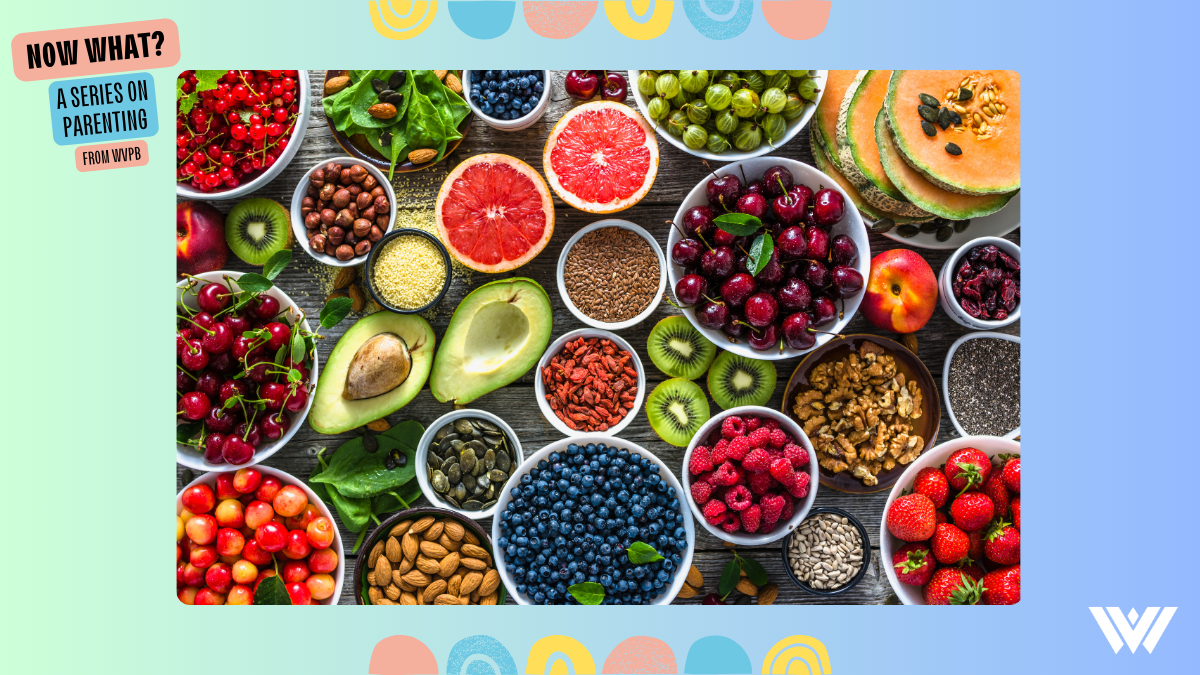Parents are often left with many questions about how to raise their children. Two of the areas of most concern and confusion are feeding and nutrition.Government programs can provide different types of support
Parents are often left with many questions about how to raise their children. Two of the areas of most concern and confusion are feeding and nutrition. As Chris Schultz learned on the latest episode of “Now What: A Series on Parenting” when he spoke with WIC Outreach Representative Sarah Moore, there are many different types of government programs. This means that we can provide support.
This interview has been lightly edited for clarity.
Schulz: What is WIC?
Moore: This is a supplementary food program for women, infants, and children up to the age of five. It supports nutritional support. What we are known for is that we give food in the store when we help with formula, but another thing people may not know about us is that we provide breastfeeding assistance. So we have trained lactation consultants who do all the breastfeeding support for you, so you don’t have to pay for a lactation consultant or anything like that.
We are income eligible and if you have a Medicaid card and CHIP Gold you are automatically eligible. The state currently serves about 35,800 people, including pregnant women, postpartum women, infants, and children.
Schulz: Why is it so important to ensure that this particular population receives proper nutrition?
Moore: In fact, WIC was founded because it was discovered that iron deficiency could lead to anemia in this population, which could have negative health effects. This is generally true at younger ages, but focusing on age and brain development raises questions about health effects. We carry out iron inspections and lead inspections. However, many of the foods and things that come in our packages are focused on boosting iron numbers.
However, it has changed significantly over the years. It’s always good to use WIC. Because we always get people coming in who say, “I have his EBT, so why should I use WIC?” That’s because there are nutrients, nutritional foods, and packages that supplement food stamps to help your child eat a balanced diet. It all comes with the development of the brain, and the body just grows a lot within that period. Early childhood is like setting the stage for the rest of life.
Schulz: When we talk about women receiving WIC’s Women, Infants, and Children services, are we specifically talking about pregnant women, or does that also apply to parents of young children?
Moore: Therefore, the female part will be pregnant women and postpartum. Because if not breastfeeding, she will serve you for up to 6 months, if breastfeeding – for a year. But it’s for all parents with kids in that age group. It’s a common misconception because it says women, infants, and children, but yes, it’s for all parents.
Schulz: Is that why the organization is starting to shift nationally from Women and Infants to WIC, to signal that it’s a broader base?
Moore: I think so. yes. This is because there has long been a misconception that single fathers are not eligible. We don’t want people to turn away from even considering WIC because they don’t think they’re the right target for us to be working with. No, we accept all parents.
Schulz: There is an emphasis on healthier foods and fresh produce, but how does that impact education beyond lactation counseling?
Moore: It’s a healthier food. So, like an EBT card, you can’t just go and pick up whatever food you want. There are many low-carb foods and whole grains that are fortified with iron. We also have fresh fruits and vegetables that we want people to have access to, and we also have farmers market perks.
Participants will receive $30. So if you have a pregnant mother and her 1 year old and her 2 year old, the most she will spend at her local farmers market will be $90. Now you get cash value benefits and farmers market benefits. So you can get more fresh fruits and vegetables as you would during the summer.
Schulz: Obviously, you work with parents in your program to teach them about healthier foods and how to avoid iron deficiency. First of all, how is it happening? Are you also dealing with other issues such as likes and dislikes?
Moore: Yes, it is. Picky eaters are probably one of the biggest things in that age group. However, we do have a nutritionist on staff. So when you come in for your clinic appointment, you’ll be able to speak with a nutritionist who will take a look at how your child’s day is going and what they’re eating. However, we also seek parental concerns, so if there are any picky/dislikes or related concerns, we can also provide suggestions on how to address them.
We talked about weaning her from the bottle, potty training, etc. So this is like a go-to source of questions for parents if they have any issues regarding their child. I hope we have the answer. If not, I can refer you to someone who has the answer.


